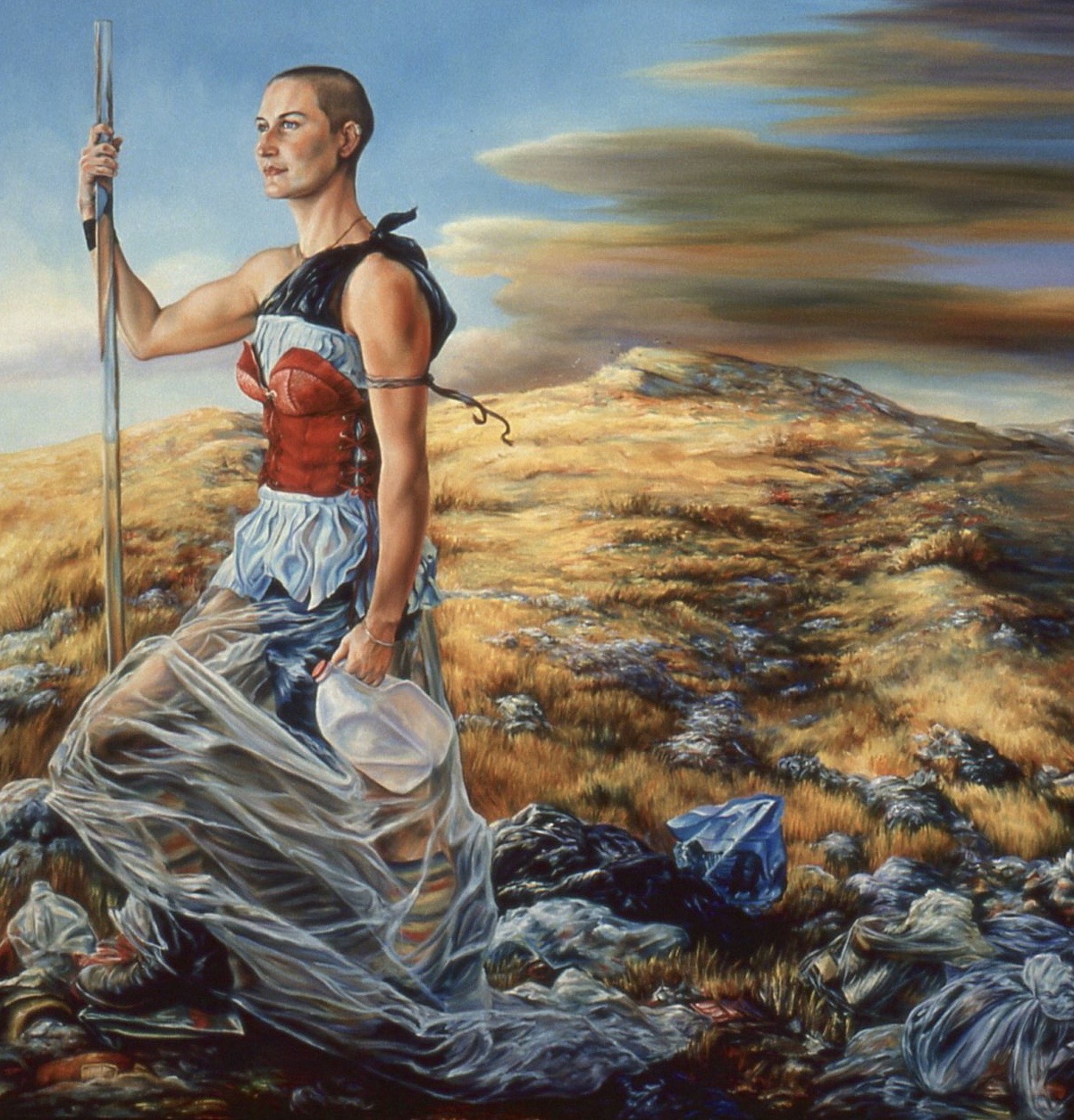20/21 Vision: Speculating in Literature and Film in Canada is an international online conference based at the University of Saskatchewan August 16-22, 2021 (postponed from an in-person gathering planned for 2020 because of the pandemic). The conference will gather together scholars, authors, and members of the public who are interested in speculative writing in Canada.
In the wake of a global pandemic, it has become acutely evident that speculative fiction and film comment not just on the future but also on the present. Conference participants will present their research on speculations in published writings, as well as in films, television/internet series, and video games. There will also be space at the conference for writers of speculative genres to present their work to the public. Through these means, the conference aims to strengthen the presence of diverse voices and emerging literary communities.
Online Conference
In the midst of a global pandemic, the ways that speculative fiction, film, and television comment on the present as well as the future have become acutely evident. These genres ask readers to consider environmental, health, technological, and political events and developments in the world today, and the impacts these may have on the world of the future. They are often used by their creators to represent and speculate on key societal issues, such as relations of class, gender, and race, as well as issues of health safety, environmental destruction, and political conflict. In Canada, speculative writing has become a tool to interrogate colonial enterprises and open up spaces for marginalized groups, including women, Indigenous peoples, members of LGBTQ2S+ communities, and others whose lives are inflected by cultural difference. A variety of speculative worlds have achieved popularity through films and television/internet series, some of which are adapted from other genres.
20/21 Vision: Speculating in Literature and Film in Canada invites researchers and creators to present their own speculations about the futures and/or societies that are presented in various texts produced in or relating to Canada. What do speculative texts tell us? Which visions of “Canada” do we find in speculative texts? How do these visions reflect our own perceptions of the world? Does this kind of literary imagination offer space for grief, resilience, and hope? Does it help us respond constructively to crises or achieve social change?
Proposals for both papers and panels are invited. These can take a range of approaches related to speculative writing in Canada, including:
- Speculations on global pandemics and other health crises
- Environmental and/or technological changes and developments in speculative writing
- Speculations on language and power
- Indigenous and decolonizing speculations
- Gender and sexuality in speculative writing
- Disability in speculative writing
- Geographical speculations in the real or virtual world
- Speculative writing for children
- Speculative poetry
- Speculation and interdisciplinarity
- Dystopian, utopian, and anti-utopian worlds
- Apocalyptic scenarios and post-apocalyptic futures
- Speculations on the screen: movies, documentaries, television and internet series, video games
- Speculative adaptations
- Speculative creations, including short works of speculative fiction or poetry*
*The conference will also host sessions in which creators of speculative genres will be invited to present their works. Authors and artists are invited to propose 20-minute creative pieces; these may involve readings from written works, visual installations, performance pieces, or film presentations.
Proposals should include the following:
- Your name, contact information (including email address and telephone number), and institutional affiliation.
- The title of your proposed 20-minute paper or presentation, AND a proposal of 250-300 words, identifying the works that will be your focus of your paper and outlining the argument to be presented OR describing your creative piece and the method of presentation or performance.
- A 50-word biographical statement.
Panel proposals should include the above information for all participants.
Please e-mail your proposal in a Word document to conference organizers Wendy Roy and Mabiana Camargo of the University of Saskatchewan at this email address by February 1, 2021 (extended deadline).
Additional conference acceptances will be emailed in March, 2021. For further information, send an email.
Following the conference, there will be a call for contributors to submit papers that expand on or respond to conference presentations and discussions, for publication in an essay collection. Featured in that collection will be an interview with the conference’s keynote practitioners of speculative writing.
Registration for the conference and for individual events with featured speakers is free.
Conference Organizing Committee
The conference is organized by members of the Department of English at the University of Saskatchewan; for more information contact the organizers.
Conference co-chairs: Wendy Roy and Mabiana Camargo
Organizing committee members: Joanne Leow, Jeanette Lynes, Jessica McDonald, Kathleen James-Cavan, and Shakti Brazier-Tompkins, with assistance from Carleigh Brady, Kevin Flynn, and jake moore
Graduate student support: Megan Solberg and Sarah Regier
Conference Sponsors


- Connection Program, Social Sciences and Humanities Research Council of Canada
- Indigenous Fellowship Program, College of Arts and Science, University of Saskatchewan
- Research, Scholarly and Artistic Work Fund, College of Arts and Science, University of Saskatchewan
- University Conference Fund, University of Saskatchewan
- Role Model Speaker’s Fund, College of Arts and Science, University of Saskatchewan
- Department of English, University of Saskatchewan
- Department of Art and Art History, University of Saskatchewan
- Department of Drama, University of Saskatchewan
- Department of Indigenous Studies, University of Saskatchewan
With in-kind support from the Department of English and the College of Arts and Science IT and Communications offices.
